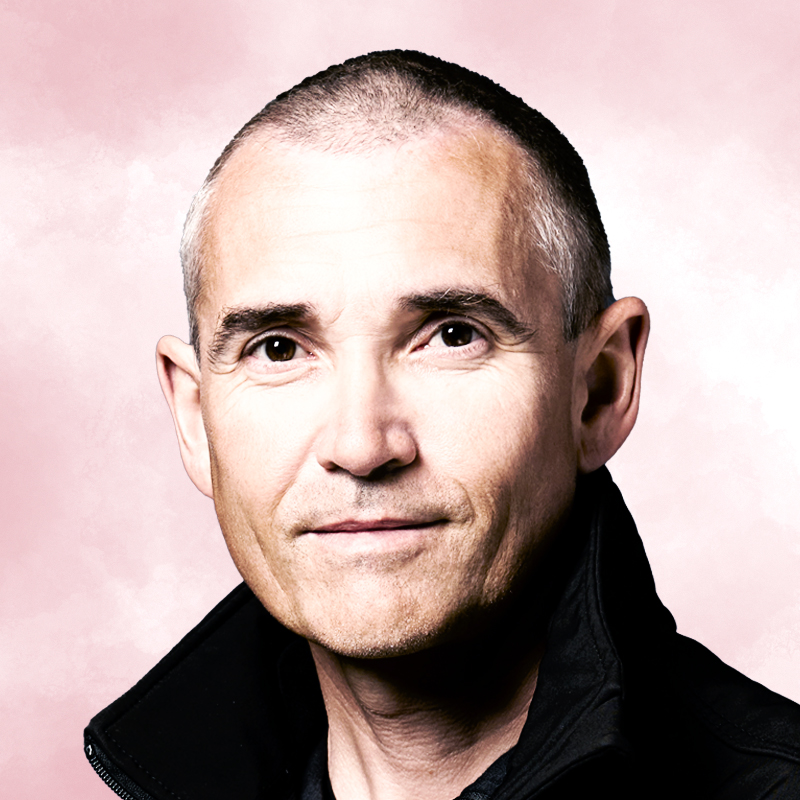Val Miftakhov is CEO of ZeroAvia, which successfully flew its 19-seat hydrogen-electric airplane for the first time this year. The company has over 1,500 provisional orders for the plane, with interest from American Airlines, United Airlines, and IAG, and plans to develop green-energy airplanes with up to 80 seats in the future.
What is the single most important action you think the public, or a specific company or government, needs to take in the next year to advance the climate agenda?
The most important action is to tackle the hard-to-abate sectors, such as aviation. Yes, we can and will tackle the low-hanging fruit like switching to EVs and building more renewables, but as that happens, we will have stubborn emissions in certain sectors that begin to make up a vast majority of the greenhouse-gas impacts. Aviation is predicted to be around a quarter of global carbon emissions by 2050 as demand increases and other sectors decarbonise, and the CO2 is the tip of the iceberg, with non-CO2 emissions potentially accounting for as much as two-thirds of the climate impact.
What sustainability effort do you hope will gain popularity with the general public this year, and why?
I do hope it’s the push to deliver truly clean flight. People love flying and the cultural, social, and economic impacts are enormous. Aviation has become the infamous poster child in much of the climate debate, with flight shame entering the lexicon and governments discussing demand management. We believe people should fly. We believe in keeping the world small, so that families can stay close, businesses can grow, and people can see eye-to-eye. We need that now more than ever.
What is a climate technology that isn’t getting the attention or funding it deserves?
Hydrogen in aviation. The engine technology to fly is coming rapidly and will be flying passengers by the middle of the decade. More attention is needed to stave off the over-reliance on piecemeal solutions or regressive policies that restrict flight only to the wealthy. More money is needed to scale up hydrogen production for aviation and to develop the airport infrastructure to facilitate the switch to truly clean aviation.
- Donald Trump Is TIME's 2024 Person of the Year
- Why We Chose Trump as Person of the Year
- Is Intermittent Fasting Good or Bad for You?
- The 100 Must-Read Books of 2024
- The 20 Best Christmas TV Episodes
- Column: If Optimism Feels Ridiculous Now, Try Hope
- The Future of Climate Action Is Trade Policy
- Merle Bombardieri Is Helping People Make the Baby Decision
